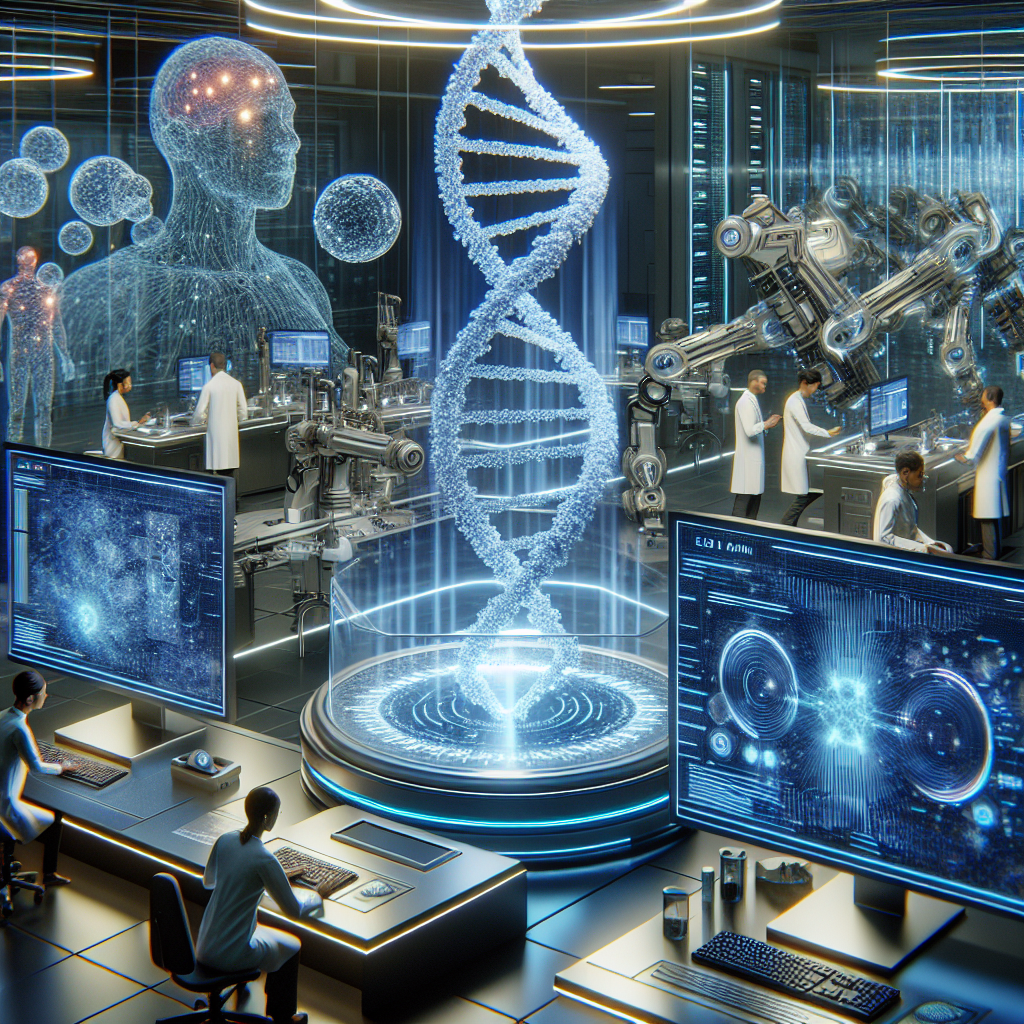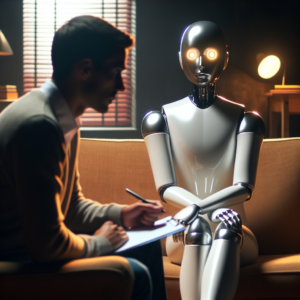AI Can Decode Digital Data Stored in DNA in Minutes Instead of Days
In a groundbreaking development, scientists have successfully harnessed the power of Artificial Intelligence (AI) to decode digital data stored in DNA molecules, achieving results in mere minutes compared to the traditional methods that often took days. This innovation stands at the intersection of genetics and computer science, opening new avenues for data storage and bioinformatics.
The Intersection of DNA and Data Storage
DNA, the blueprint of life, has long been recognized for its capacity to store vast amounts of information. Each molecule of DNA can hold approximately a billion bytes of data in the form of sequences made up of four nucleotide bases: adenine (A), cytosine (C), guanine (G), and thymine (T). With the exponential growth of digital data, researchers have been exploring DNA as a viable medium for data storage, aiming to overcome the limitations inherent in traditional data storage solutions.
The Limitations of Traditional Data Storage
As the volume of digital data continues to grow, traditional storage methods—such as hard drives and cloud storage—are becoming increasingly inadequate. These systems are not only limited by physical space but also by energy consumption, lifespan, and speed. Furthermore, traditional methods often require significant infrastructure and maintenance, making them less sustainable in the long run.
In contrast, DNA can potentially store data in a compact, energy-efficient manner. However, the process of encoding and decoding information in DNA has historically been time-consuming and costly. This is where the recent advancements in AI come into play.
How AI Accelerates DNA Data Decoding
The integration of AI in this realm is nothing short of revolutionary. By employing sophisticated algorithms and machine learning techniques, researchers can analyze and interpret the genetic sequences in DNA far more efficiently than manual methods.
Machine Learning and Its Role
Machine learning, a subset of AI, refers to the ability of systems to learn from data patterns and improve their performance over time. In the context of DNA data decoding, machine learning models can be trained on vast datasets of DNA sequences, allowing them to recognize patterns and relationships that may not be immediately apparent to human analysts.
By using these advanced algorithms, researchers have managed to cut down the time required to decode DNA data from days to just minutes. This acceleration is particularly significant when handling large datasets, as it opens the door to real-time analysis and processing, which is crucial in fields such as genomics, medicine, and bioinformatics.
Potential Applications of AI-Driven DNA Decoding
The implications of this technology are vast and far-reaching. Here are some potential applications that could benefit from AI-driven DNA decoding:
1. Enhanced Data Storage Solutions
With the ability to store massive amounts of data in a microscopic format, DNA could revolutionize how we approach data storage. As organizations grapple with the challenge of managing ever-growing data, DNA could provide a sustainable and compact alternative.
2. Genomic Research and Medicine
In the field of genomics, faster decoding of DNA sequences can expedite research on genetic disorders and enhance personalized medicine approaches. This can lead to quicker diagnoses and more effective treatment plans tailored to individual genetic profiles.
3. Bioinformatics and Synthetic Biology
AI-driven DNA decoding can greatly enhance bioinformatics by providing researchers with tools to analyze and interpret biological data more efficiently. Moreover, in synthetic biology, the ability to quickly decode and manipulate DNA sequences can lead to innovative biological applications, such as engineered organisms for environmental or industrial purposes.
4. Data Security and Privacy
Given that DNA can securely store information, it presents an exciting opportunity for the future of data security. By encoding sensitive data into DNA sequences, organizations could create highly secure storage solutions that are resistant to unauthorized access.
Challenges and Future Directions
Despite the promise of AI-driven DNA decoding, several challenges remain. The complexity of biological systems means that there are still many unknowns when it comes to interpreting DNA data accurately. Additionally, ethical considerations regarding genetic data must be addressed, particularly in terms of privacy and consent.
As researchers continue to refine AI algorithms and improve their understanding of DNA encoding and decoding processes, we can expect to see further advancements in this exciting field. Collaborative efforts between geneticists, computer scientists, and industry stakeholders will be critical in realizing the full potential of AI in DNA data storage and analysis.
The Future of DNA Data Storage
The convergence of AI and DNA technology is paving the way for a new era in data storage and management. With the ability to decode DNA in minutes, we stand on the brink of transforming how we approach data both in terms of quantity and sustainability.
As technology continues to evolve, we may find ourselves exploring even more innovative ways to leverage the intricate coding of life itself to address some of the most pressing challenges in our digital age. From enhancing medical research to redefining data security, the potential applications are virtually limitless.
In conclusion, the integration of AI into DNA data decoding not only accelerates our capabilities but also invites a broader discussion on the future of data storage and its implications for society at large. As we stand at this fascinating crossroads of technology and biology, the possibilities are indeed as vast as the information encoded in our very DNA.



